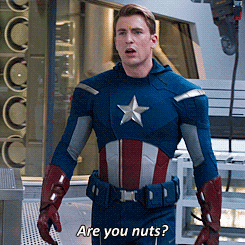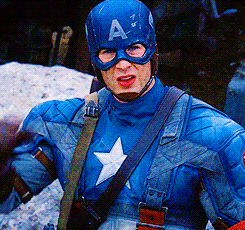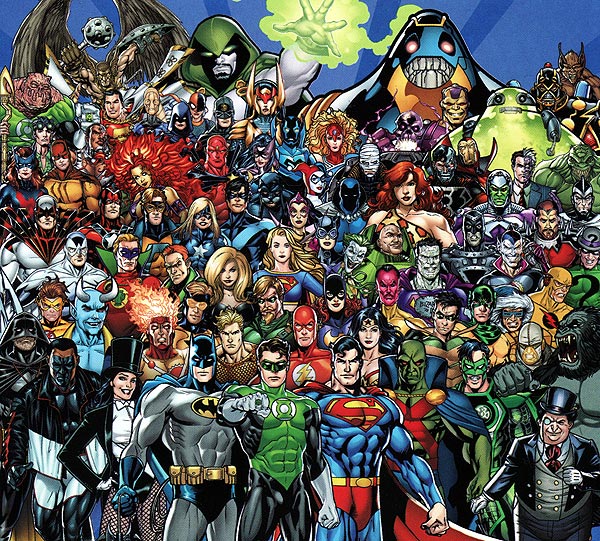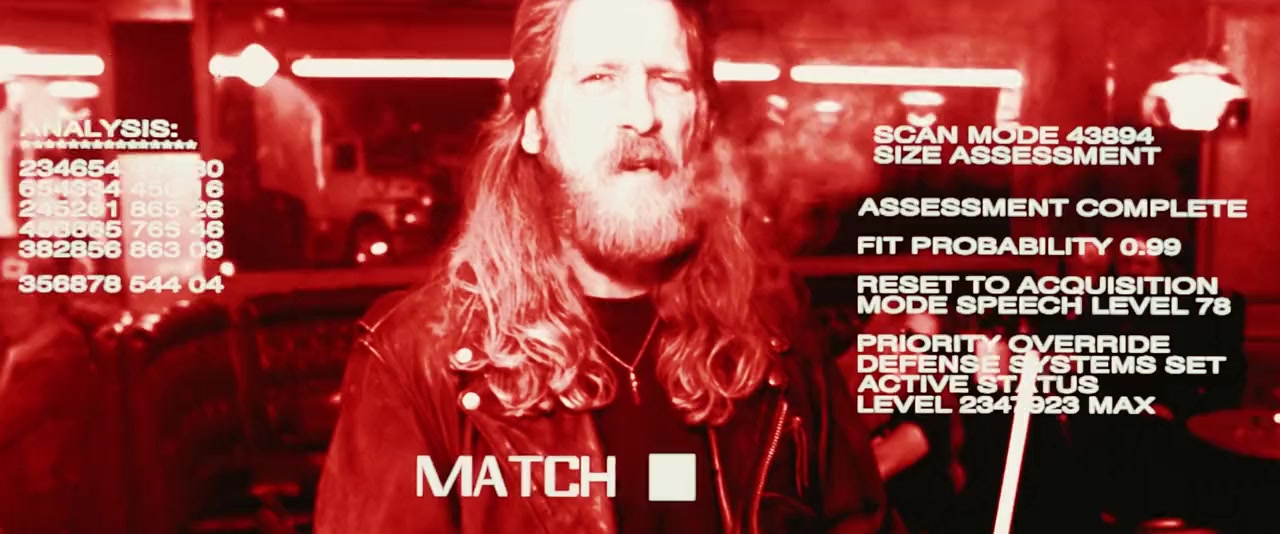The funny thing is that this was all pretty interesting in the '80s (and to some extent the '70s with the Hard Traveling Heroes) when Alan Moore really spearheaded the post-modern comic book story of, "what if this silly comic stuff happened in the real world?" It was novel, it was really interesting to think about, etc. But, it really peaked in 1986. Then, it had been done, and there wasn't much else to get from it. The idea of a super hero as a WMD, the S&M subtext to so much of it, the Cronenberg-like, graphic sadism, etc. etc. Everything since then that we've seen in that vein has been variations on that theme explored in Miracleman and Watchmen.
But Alan Moore got bored with that pretty quickly, and went the other direction in the '90s and beyond. Instead of treating Superman as a perverted science experiment gone wrong, he treats him like a noble, cheesy, perfect hero. But it's like Snyder and pals are still marveling at the what Moore did 30 years ago while lacking the insight into human behavior, knowledge regarding the history and subtext in comics, and generally, the storytelling prowess that Moore had. In fairness of course, Moore was the Orson Welles or Ingmar Bergman of the comic book world. These movies. . .don't have that. But they still aspire in a ham-fisted way to recreate those themes through the medium of film.







 this guy
this guy 






















